Ikigai (生き甲斐, pronounced [ikiɡai]) (ee-kee-guy) is a Japanese concept that means “a reason for being.” It is similar to the French phrase Raison d’être. Everyone, according to Japanese culture, has an ikigai. Finding it requires a deep and often lengthy search of self. Such a search is important to the cultural belief that discovering one’s ikigai brings satisfaction and meaning to life.[1] Examples include work, hobbies and raising children.[2]
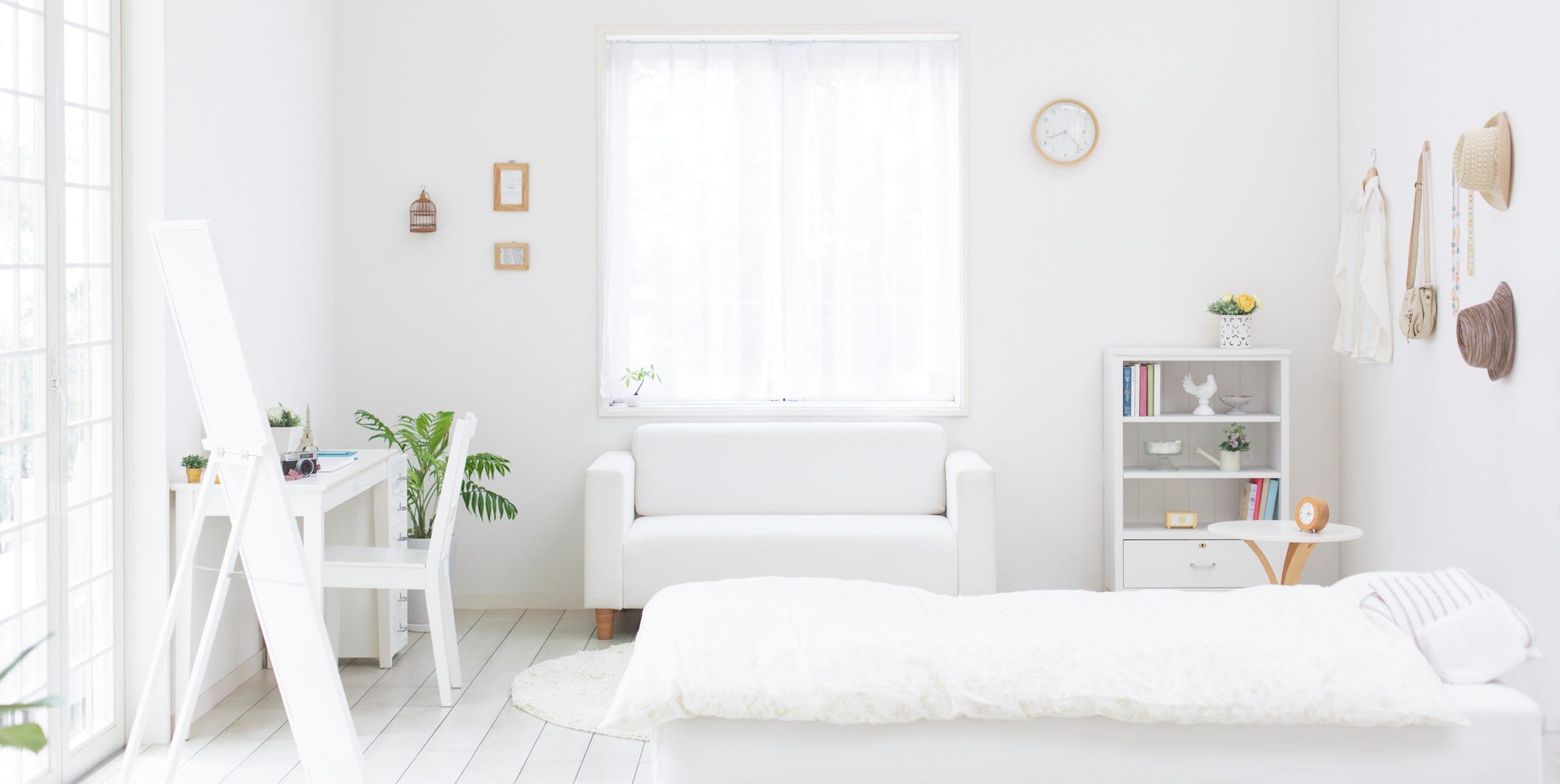 This concept is the new trend when it comes to interior design. Thinking and over-thinking about what is the entire purpose of your home will make you easily pick the concept for the entire design of the house.
This concept is the new trend when it comes to interior design. Thinking and over-thinking about what is the entire purpose of your home will make you easily pick the concept for the entire design of the house.
You will find inspiration for decorating in the Ikigai style in the following article on Elle Decor:
IS IKIGAI THE NEW HYGGE?
This Japanese concept might be the secret to finding longevity and purpose in life.
There are a lot more visual ideas on Pinterest if the flow really got you!
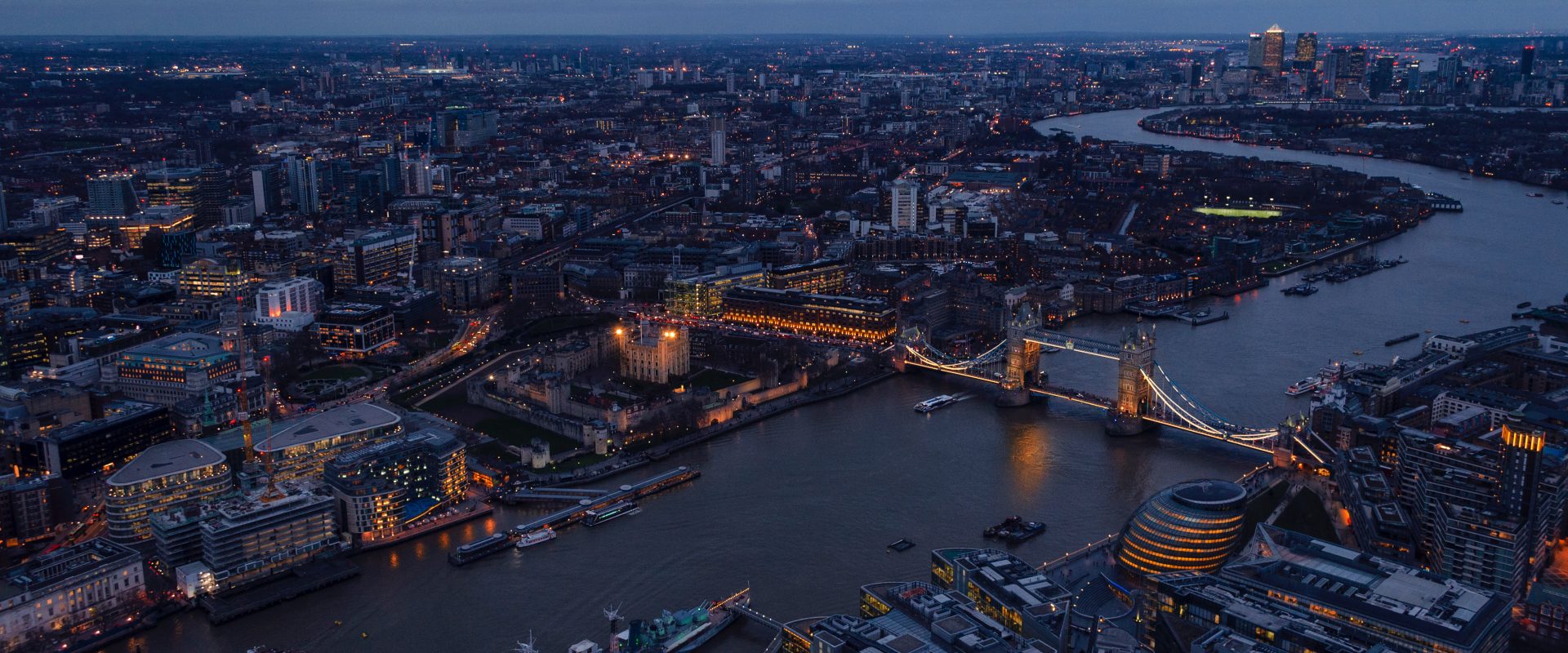
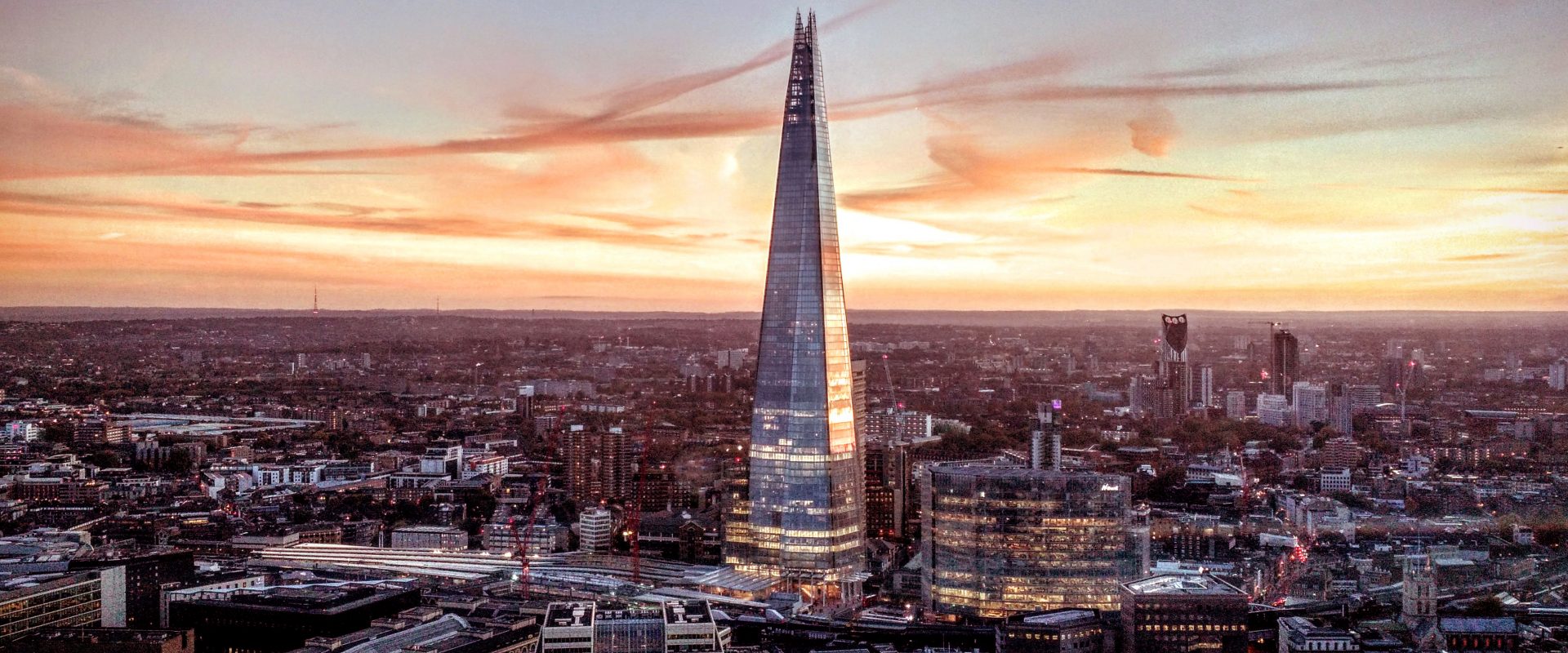




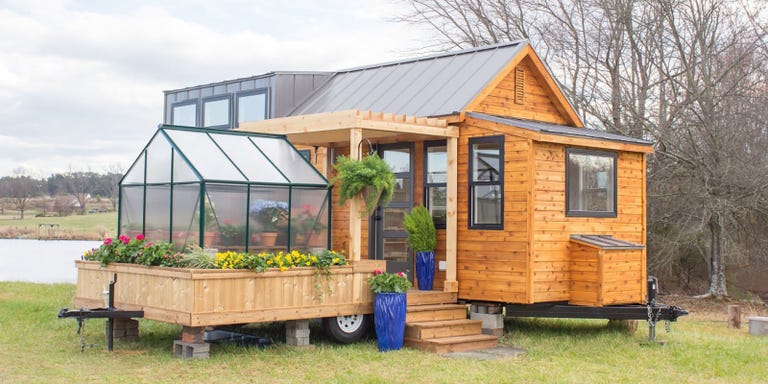 However, one special project drew our attention: Elsa, the 323 square feet house with a greenhouse included. The ‘entire’ house was developed and designed by
However, one special project drew our attention: Elsa, the 323 square feet house with a greenhouse included. The ‘entire’ house was developed and designed by 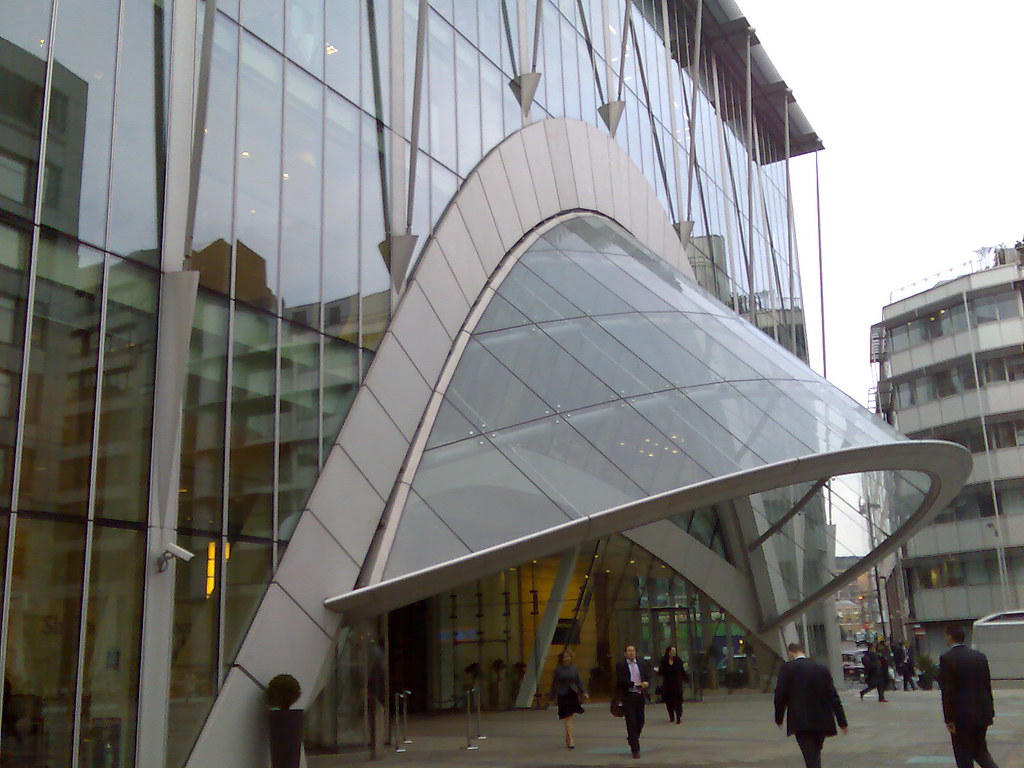
 One would think that landlords are always in the better position when contracting. However, being a property owner has its risks and it can be difficult to handle them when you are a beginner in this type of transactions.
One would think that landlords are always in the better position when contracting. However, being a property owner has its risks and it can be difficult to handle them when you are a beginner in this type of transactions.